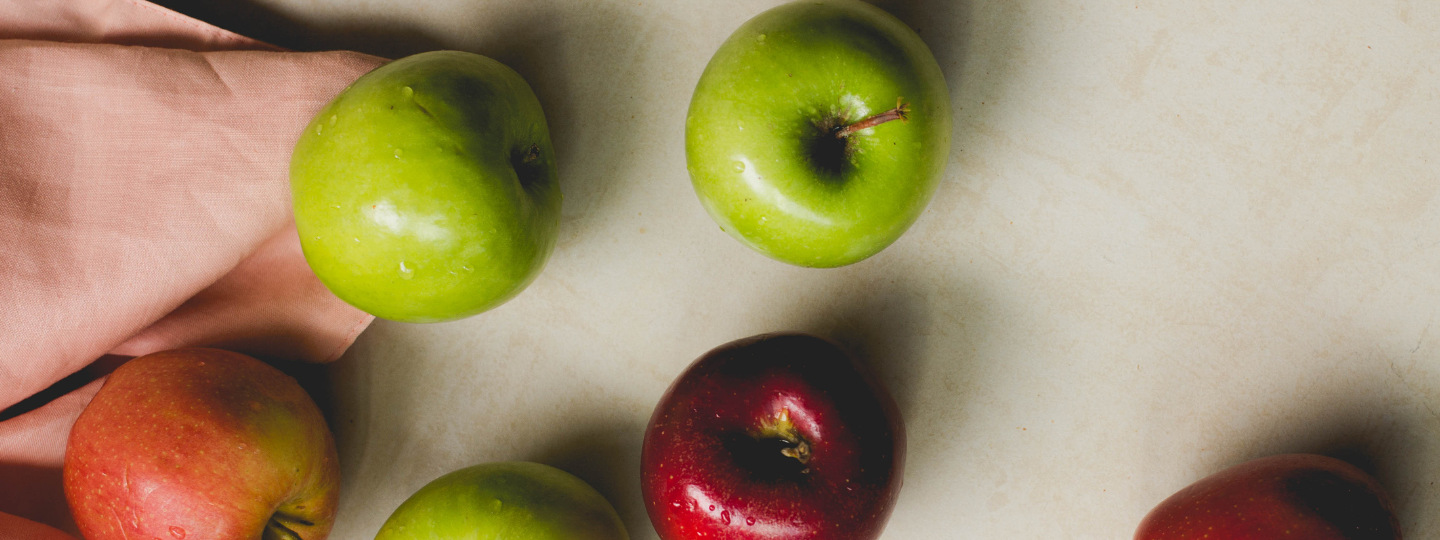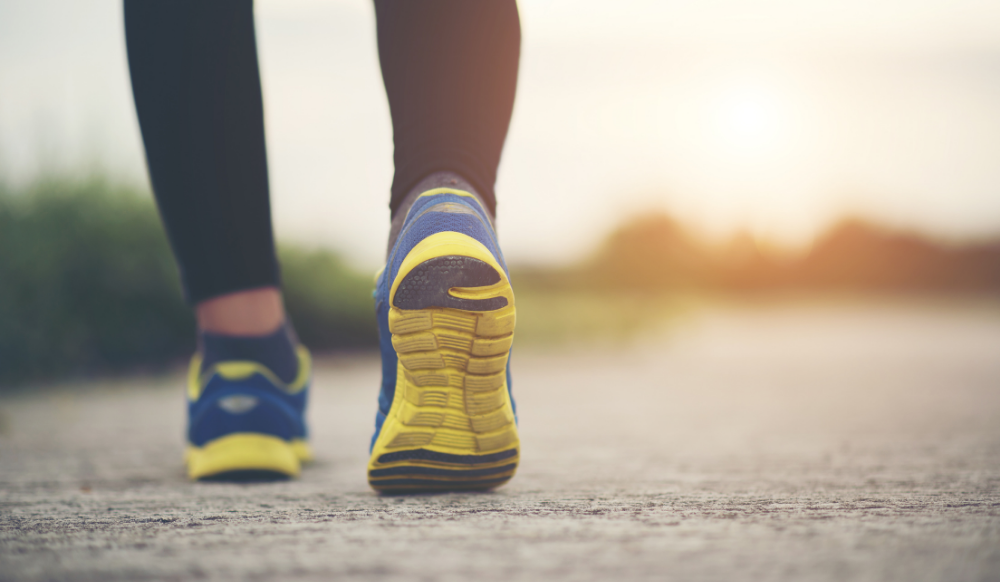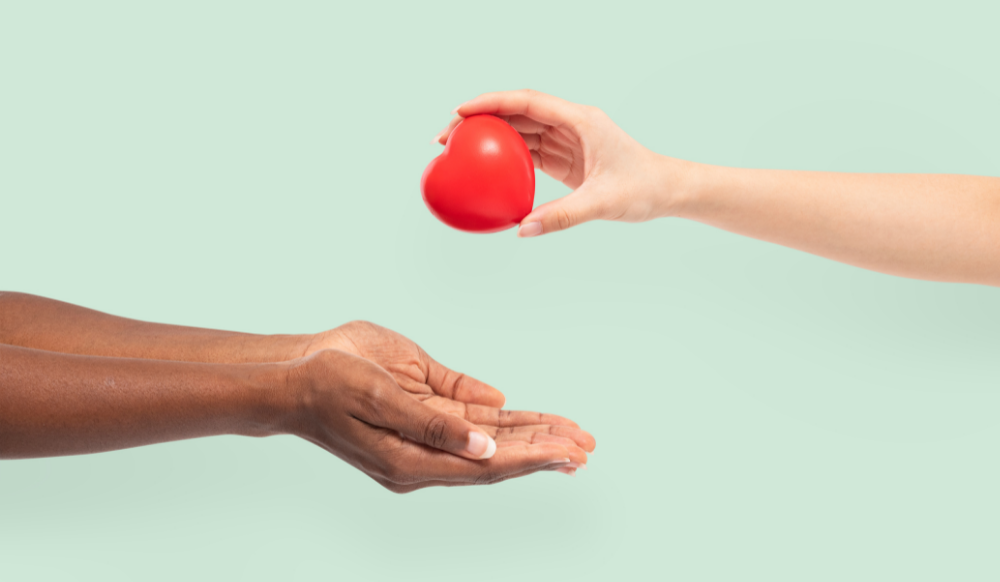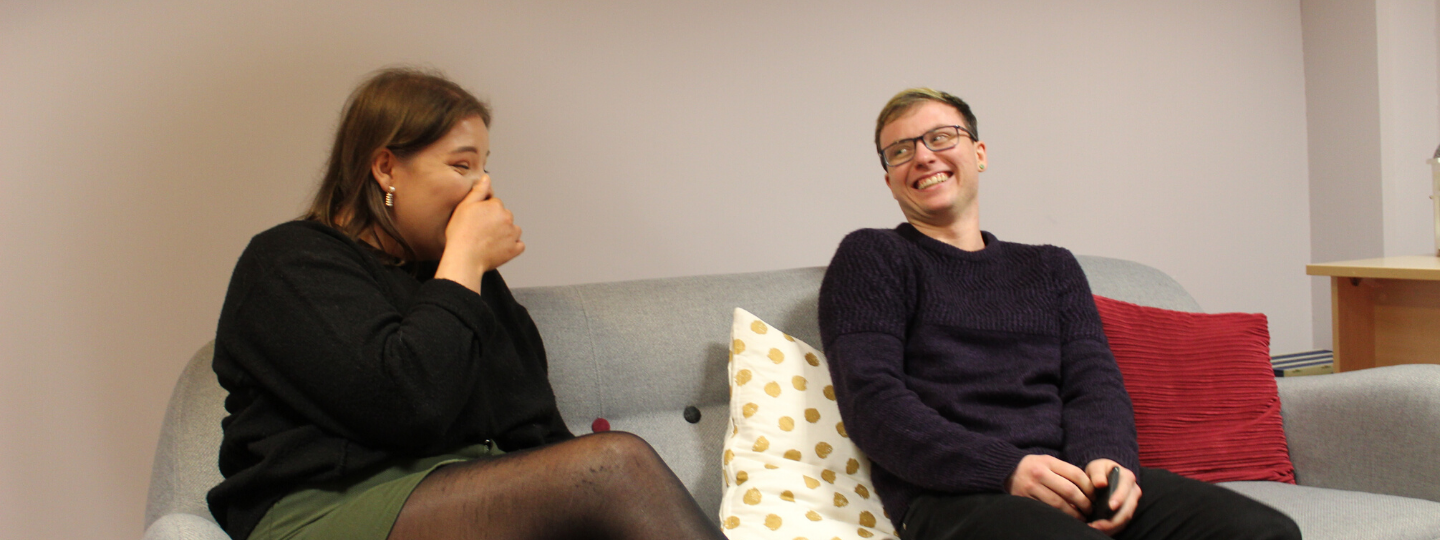Five a day for your mental health
Five a day for your mental health
Five simple things you can do every day to support your mental health.

Based on the ‘Five Ways to Wellbeing‘ report 2008 by the New Economics Foundation (NEF), here are five things you can do daily for your mental health.
The UK Government commissioned the NEF to develop a simple set of evidence-based actions for people to improve their wellbeing. NEF drew on a very broad base of research for their recommendations, from psychological to economic literature.
1. Connect with others
Our relationships with other people are fundamental to our sense of wellbeing and happiness. Close relationships with family and friends can yield love, support and a sense of meaning in our lives.
Our wider social networks can help us to feel a sense of belonging. So it makes sense we work on strengthening our relationships and on making new connections.
Talking with others should be an everyday event. Conversations don’t have to be all about the difficulties. We need to tell one other about the enjoyable events too.
Knowing when to disconnect is vital too. Being fully present in the company we are in, without the distraction of phones and other devices, helps deepen our sense of connection. The ever growing ways we can connect with others means we are in danger of privileging quantity of connections over quality.
What helps you to grow healthy connections with people in your life? Here are some simple ways you can connect today:
- Invite a friend or a colleague out for lunch. It could be a trip to a local café or a picnic in the park
- Pick up the phone or Facetime a friend who you usually only talk to by text or messenger
- Make a point of telling your friends, partner or family about three good things that happened each day. Encourage them to share their happy moments too
- Keep your phone in your bag or in your pocket, not on the table when socialising with friends.

2. Be active
Exercise is good for your overall physical and mental health. For some people the very word ‘exercise’ can be off-putting. However, being active doesn’t have to mean going to the gym or taking part in competitive team sports.
Taking part in exercise can present us with opportunities to meet new people and develop a sense of belonging. It can give us a much-needed break from a stressful day. Above all, though, it makes us feel good about ourselves.
Regular exercise is also linked to better sleep, which helps us to maintain good mental health.
Here are some ways you can be active. No special equipment needed.
- Take a walk in nature. If you go with friends, you can connect, take notice and be active all at the same time. Three of your five-a-day done and fun too!
- Walking to the shops, to work, or to school or college gives us great space to clear our heads and prepare.
- Dance! Turn up your favourite music and dance the day away.
- Gardening is another great and non-sporty way to get exercise. You get lovely flowers at the end of it too!

3. Take notice
We can all get caught up in the relentless busyness of modern life. We can become intoxicated with the chatter of the mind. How often are we mind-full as opposed to mindful?
Take a moment to focus on what is going on within us and what is going on in nature around us. This can work wonders for our mental health.
It can free us up, even briefly, from dwelling on the past or worrying about the future. It can help us get more out of our day-to-day lives.
- Take notice of where you are and how you feel right now:
What buildings or views do you pass and take for granted everyday? Take time to look up and notice the beauty of your surroundings. - Draw, photograph or journal the seasonal changes. Note the colours and structures and the way our surroundings change with the year.
- Notice the smells, tastes, sights and sounds of your everyday experiences. Try describing these in a diary.
- Reconnect with your body and how it works hard for you every day. Notice the sensations of actions we take for granted. Pay attention to the sensation of the wind in your hair or the rain on your face.

4. Keep learning
Learning exposes us to new ideas and helps us to stay curious and engaged. It may also give us a sense of accomplishment which, in turn, can boost our confidence.
Learning does not necessarily have to involve lectures, books or traditional teaching methods. It often takes place through doing or through getting involved in your community. Or perhaps even rediscovering an old hobby or skill you lost track of.
For some, it might involve being shown how to Skype a loved one on the other side of the world. For others it is watching a documentary and for others still, it could be experimenting with a new recipe. New learning can happen all the time if we are open to it.
Here are some ways to keep learning:
- Get involved in your community. Join a local history group, or the tidy towns. Learn about your local surroundings
- Take up an instrument or learn to dance
- Cook something new and share recipes with friends and family. Pick up tips from each other
- Learn how to change a wheel on your car or how to wire a plug
- Learn new crafts and use them to make gifts for friends for birthdays and Christmas.

5. Give
Doing good is good for us. Helping others makes us feel needed and valued. This can reinforce social connected-ness and give us a sense of purpose.
It also benefits those we help, and the wider community in general by contributing to a more compassionate society. Giving can be simple, spontaneous acts such as paying a compliment or holding open a door. It can be more structured and significant commitments, such as volunteering as well.
What can you do to give today?
- Smile in the supermarket or the car park, places where we often experience stress or tension. Smiling at others increases our sense of wellbeing and passes the positivity on to other people
- Give a compliment. If you see someone with great hair, or shoes or a lovely coat, tell them! It feels great to receive a compliment but it feels fabulous to give one and make someone’s day
- Do something nice for a friend or a neighbour. Send a gift, pick up their shopping, or drop them round some baking
- You could also volunteer by joining a local group or offer your time to a charity. Check out volunteer roles in Ireland here.



